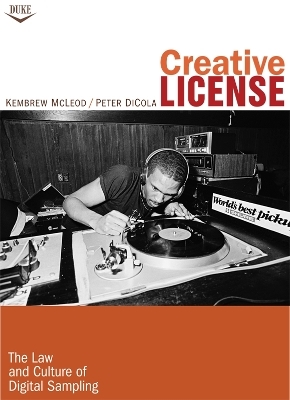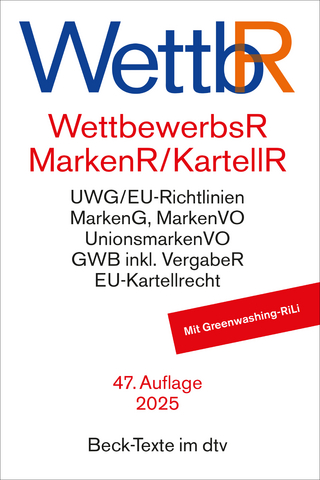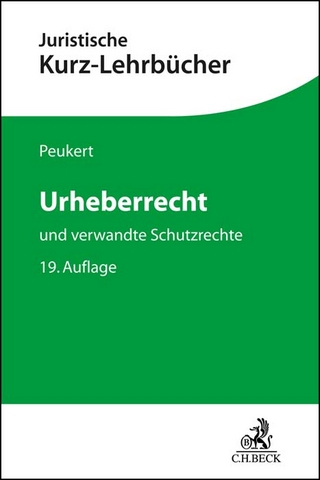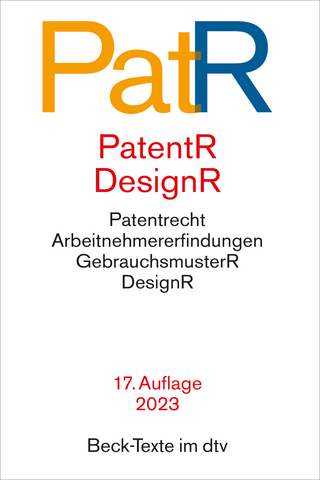
Creative License
Duke University Press (Verlag)
978-0-8223-4864-1 (ISBN)
- Titel z.Zt. nicht lieferbar
- Versandkostenfrei innerhalb Deutschlands
- Auch auf Rechnung
- Verfügbarkeit in der Filiale vor Ort prüfen
- Artikel merken
How did the Depression-era folk-song collector Alan Lomax end up with a songwriting credit on Jay-Z’s song “Takeover”? Why doesn’t Clyde Stubblefield, the primary drummer on James Brown recordings from the late 1960s such as “Funky Drummer” and “Cold Sweat,” get paid for other musicians’ frequent use of the beats he performed on those songs? The music industry’s approach to digital sampling—the act of incorporating snippets of existing recordings into new ones—holds the answers. Exploring the complexities and contradictions in how samples are licensed, Kembrew McLeod and Peter DiCola interviewed more than 100 musicians, managers, lawyers, industry professionals, journalists, and scholars. Based on those interviews, Creative License puts digital sampling into historical, cultural, and legal context. It describes hip-hop during its sample-heavy golden age in the 1980s and early 1990s, the lawsuits that shaped U.S. copyright law on sampling, and the labyrinthine licensing process that musicians must now navigate. The authors argue that the current system for licensing samples is inefficient and limits creativity. For instance, by estimating the present-day licensing fees for the Beastie Boys’ Paul’s Boutique (1989) and Public Enemy’s Fear of a Black Planet (1990), two albums from hip-hop’s golden age, the authors show that neither album could be released commercially today. Observing that the same dynamics that create problems for remixers now reverberate throughout all culture industries, the authors conclude by examining ideas for reform.Interviewees include David Byrne, Cee Lo Green, George Clinton, De La Soul, DJ Premier, DJ Qbert, Eclectic Method, El-P, Girl Talk, Matmos, Mix Master Mike, Negativland, Public Enemy, RZA, Clyde Stubblefield, T.S. Monk.
Kembrew McLeod is Associate Professor of Communication Studies at the University of Iowa. He is the author of Freedom of Expression®: Resistance and Repression in the Age of Intellectual Property and Owning Culture: Authorship, Ownership, and Intellectual Property Law, and co-creator of the documentary film Copyright Criminals. Peter DiCola is Assistant Professor at Northwestern University School of Law. He is a board member and former Research Director of the Future of Music Coalition.
Acknowledgments vii
Introduction 1
1. The Golden Age of Sampling 19
2. A Legal and Cultural History of Sound Collage 36
3. The Competing Interests in Sample Licensing 75
4. Sampling Lawsuits: Hip-Hop Goes to Court 128
5. The Sample Clearance System: How It Works (and How It Breaks Down) 148
6. Consequences for Creativity: An Assessment of the Sample Clearance System 187
7. Proposals for Reform 217
Conclusion 258
Appendix 1: Interviewee List 269
Appendix 2: Interview Questions 273
Notes 283
Bibliography 303
Index 313
| Zusatzinfo | 4 tables |
|---|---|
| Verlagsort | North Carolina |
| Sprache | englisch |
| Gewicht | 576 g |
| Themenwelt | Kunst / Musik / Theater ► Musik |
| Recht / Steuern ► EU / Internationales Recht | |
| Recht / Steuern ► Wirtschaftsrecht ► Urheberrecht | |
| ISBN-10 | 0-8223-4864-0 / 0822348640 |
| ISBN-13 | 978-0-8223-4864-1 / 9780822348641 |
| Zustand | Neuware |
| Haben Sie eine Frage zum Produkt? |
aus dem Bereich


